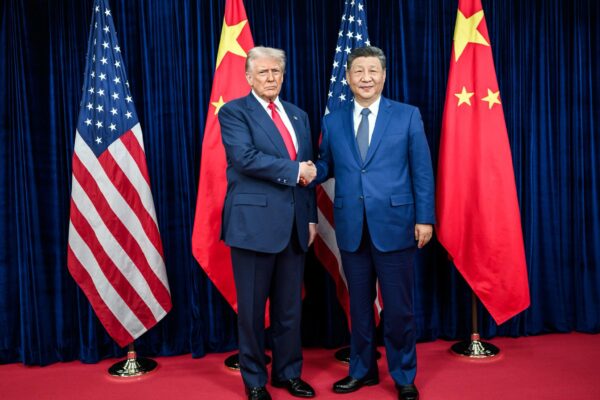The unexpected agreement between U.S. President Donald Trump and Chinese leader Xi Jinping to ease trade restrictions at their meeting in Busan, South Korea, on October 30 is a turning point that will resonate far beyond bilateral commerce.
For Central Asia, the outcome was not merely a diplomatic gesture. It created a brief pause in great power rivalry and opened a window of opportunity at the intersection of logistics, natural resources, and geopolitics. The timing is notable: the China-U.S. competition in the region has been intensifying, especially in critical minerals and infrastructure.
For Beijing, Central Asia means logistics, resources, and strategic depth,
China views Central Asia primarily through the lenses of economics and security. Beijing seeks to diversify export routes, concerned about possible restrictions on maritime transport and U.S. pressure on Chinese industries and shipping chains.
Continue Reading on The Diplomat
This preview shows approximately 15% of the article. Read the full story on the publisher's website to support quality journalism.
